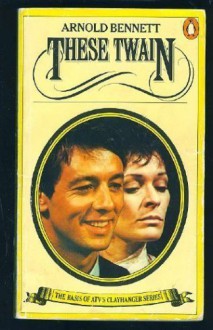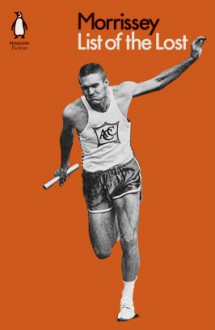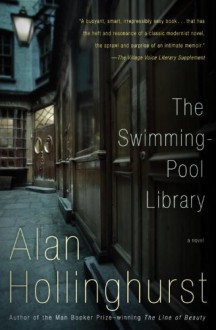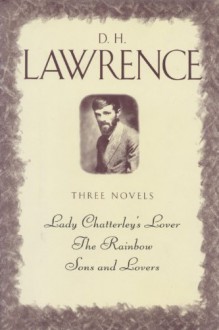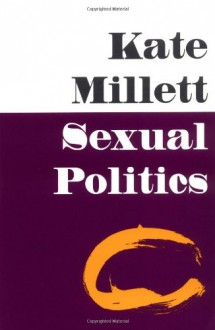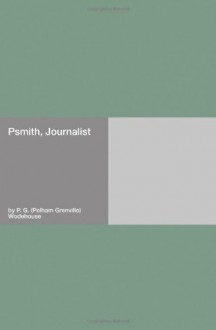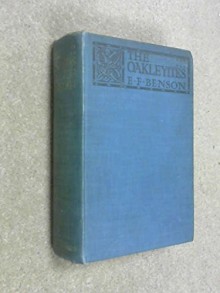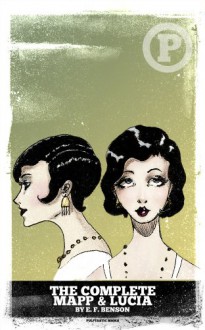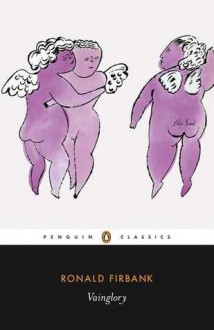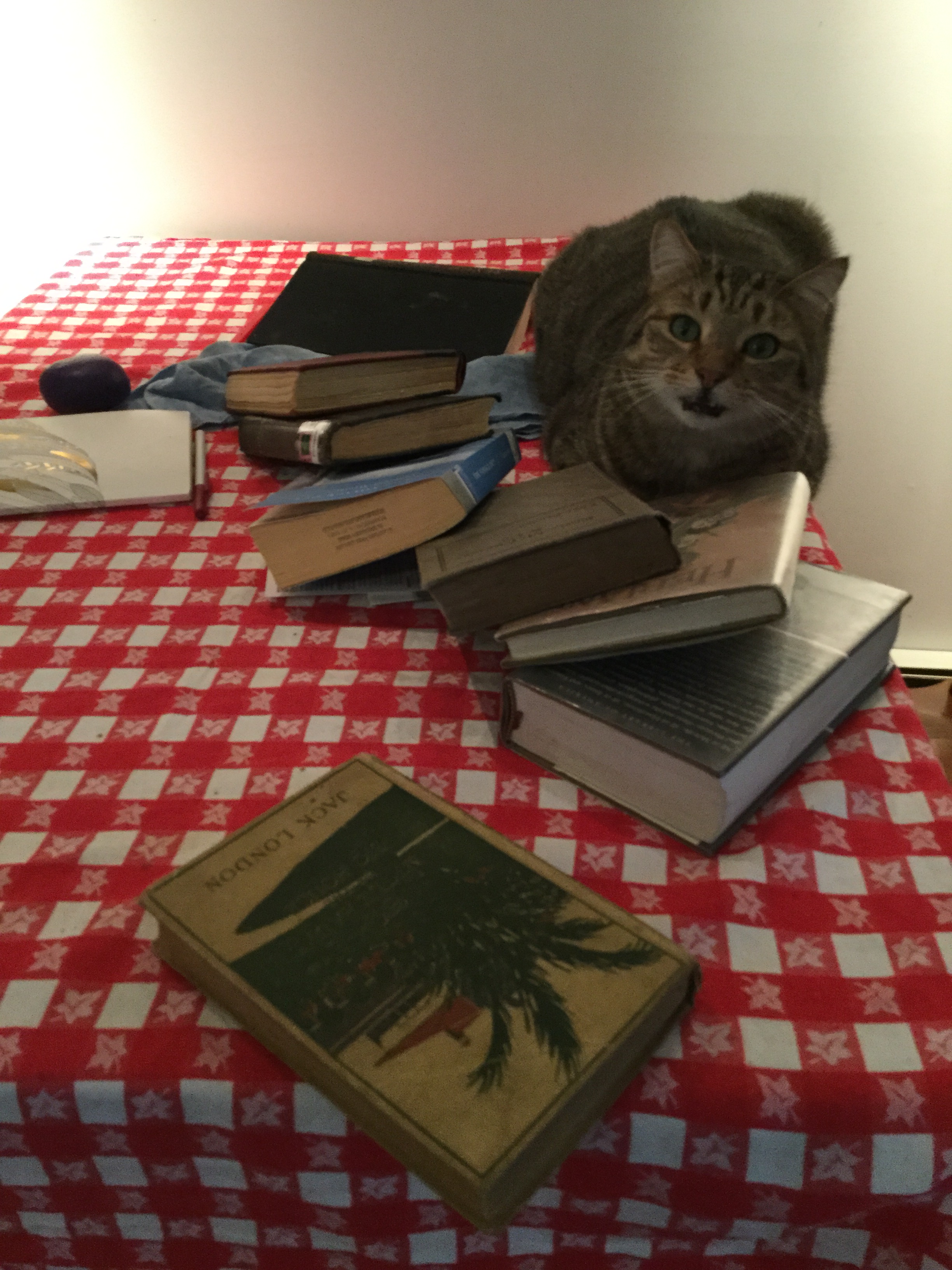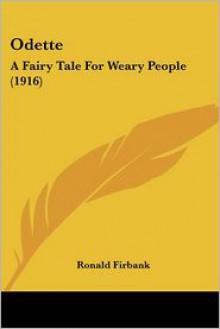
Books of 1916: Part One
2016 was a tough year in many ways, so may I introduce you to 1916? I think you’re going to love 1916.
I was struck by something I read in a (very nice) review of one of the books of 1916: —“because anything first published in 1916 that does not contain a word or thought about the First World War has got to be interesting.” Yes, you’d think so. But actually most of these novels make no mention of the war whatsoever. They tend to be historical, or escapist, or completely surreal.
You may notice that I’ve only reviewed about half as many books as I did last year for 1915. But last year I wasn’t done until March! So what you are losing in volume you are gaining in punctuality. Basically I began to feel this project was affecting my brain perhaps a little too much. My brother pointed out that I said in casual conversation, “I read that book in 1911.” I needed to dial it down just a bit.
Uneasy Money by PG Wodehouse
PG Wodehouse is always a delightful treat. I’m so happy there are more than fifty books still to come! I went by the US publication date in order to include this book, which some may consider cheating.
Lord Dawlish has a title but no money, so he is delighted when an eccentric millionaire leaves him all his money just because Lord Dawlish (aka Bill) gave him a few golf pointers once. But when Bill discovers that the eccentric millionaire has stiffed poor but deserving relatives, he sets out for Long Island to try to set things right. There is beekeeping, romance, people pretending to be other people, and lots of hilarity. The only sad part is something that happens to a monkey. In the end, everyone ends up engaged to the right person. On the final page we are at the train station in Islip, Long Island, which today is a gross and unappealing town, but apparently 100 years ago was a bucolic spot where the rich built mansions. If this book doesn’t make you smile, your soul is in mortal danger.
These Twain by Arnold Bennett
This is the third book in the Clayhanger series, and my favorite. In These Twain, the somewhat-starcrossed lovers from the first two books, Edwin and Hilda Clayhanger, embark on married life. They fight a lot. I read this book in the 1990s and haven’t re-read it, but what I remember most vividly are the descriptions of how angry they get at each other. Edwin Clayhanger thinks how he’d like to strangle Hilda, but then he goes for a walk and after a while he calms down, and when he comes home, he loves her again. At that time I was dating someone who made me really angry fairly often, and I thought These Twain was incredibly realistic. Bennett’s World-War-I-themed book (The Roll-Call) will come up in 1918, and is the last in the Clayhanger series.
Love at Second Sight by Ada Leverson
My hardcore fans (yes, both of you!) may remember that two years ago I was unable to review Birds of Paradise because I mislaid it and therefore couldn’t read it. (It turned up in the end, in a knapsack I never use.) I was eager to rectify my mistake by reading Ada Leverson’s 1916 offering, especially as this was her last novel.
Love at Second Sight is the last book in the Little Ottleys trilogy. Although I didn’t read the first two, it was easy to see what must have happened in them—in book one, the main character Edith must have married her husband, and then in the second one both Edith and her husband fall in love with other people but remain together thanks to Edith’s bloody-minded loyalty.
As this novel opens, Edith’s family has a guest in the house, and it’s unclear who she is, why she’s come to stay, and how long she plans to be there. But Madame Frabelle exercises a strange fascination over all of them. This book is terribly amusing and I’m not even going to tell you what happens, other than it’s a scream. The protagonist is thinking funny things about other people all the time but since she’s kind and fairly quiet, people don’t realize that she’s amusing and smart. The husband seems like the most annoying person on earth, and he must be drawn from life because how could you invent a person that annoying?
This is one of the rare books that has a contemporary setting during World War I. The husband was not called up because of a “neurotic heart,” which seems to be like PTSD. Edith’s love interest from the previous book returns home from the war, wounded. This novel’s realism allowed me to see all kinds of period details. For example, when the characters need to look up train timetables, they use things called the ABC and Bradshaw, which must be the apps they had on their phones at that time. Edith also had an Italian composer best friend who I thought might be based on Puccini since (according to Wikipedia) he and Ada Leverson were great pals.
I really was on the edge of my seat wondering what would happen, and guess what? Everyone gets a happy ending!
Ada Leverson’s Wikipedia page says cattily that after this novel, she worked on ever-smaller projects. Just like me!
Inclinations by Ronald Firbank
Firbank is a riot! This book reminds me a bit of Morrissey’s List of the Lost. Of course, that should be no surprise really, since both of them are directly related to Oscar Wilde on the literary family tree. What sets them apart is Inclinations is unalloyed comedy and nearly all dialogue.
What kind of inclinations does this novel concern itself with, you may ask? Well, it’s about a middle-aged writer Miss Geraldine O’Brookmore, known as Gerald, who brings a fourteen year old girl (Miss Mabel Collins) on a trip to the Mediterranean. There’s basically no description of anything or explanation of what’s happening or who is speaking, so you have to be okay with feeling unsure about what’s going on. One of the characters is shot and killed and it was chapters later that I finally understood which one. Plot is not what this book is about. This book is about lines so funny and with such a nice ring to them that I will just give you a small sampling for your enjoyment:
Miss Collins clasped her hands. “I’d give almost anything to be blasé.”
***
“I don’t see Mrs Cowsend, do you?”
“Breakfast was laid for four covers in her room.”
“For four!”
“Or perhaps it was only three.”
***
“She writes curiously in the style of one of my unknown correspondents.”
***
[Talking about a costume ball]:
“Oh, Gerald, you could be a silver-tasselled Portia almost with what you have, and I a Maid of Orleans.”
“You!”
“Don’t be tiresome, darling. It’s not as if we were going in boys’ clothes!”
***
“Once she bought a little calf for some special binding, but let it grow up...and now it’s a cow!”
***
“Gerald has a gold revolver. ‘Honour” she calls it.”
***
“Is your father tall?”
“As we drive I shall give you all his measurements.”
***
“I had a good time in Smyrna,” she drowsily declared.
“Only there?”
“Oh, my dears, I’m weary of streets; so weary!”
***
“I’m told she [Gerald] is a noted Vampire.”
“Who ever said so?”
“Some friend of hers—in Chelsea.”
“What do Vampires do?”
“What don’t they!”
If you find this sort of off-putting, these lines really do make more sense, somewhat more sense, in context. In a chapter that is eight words long (“Mabel! Mabel! Mabel! Mabel! Mabel! Mabel! Mabel! Mabel!”), Miss Mabel Collins throws off the protectoress-ship of Gerald and elopes with a count. The final section of the book is different, slightly more conventional and somewhat Jane Austen-esque (“I’ve such news!” “What is it?” “The Chase is let at last.”) In this part, the Countess (Miss Collins-that-was) returns home to England with her toddler and there’s question in some minds about whether she is properly, legally married. I’m looking forward to Firbank’s next novel in 1917.
I’m only just now realizing that Firbank is the author that the main character keeps reading in The Swimming Pool Library by Alan Hollinghurst. I guess I thought Alan Hollinghurst just made him up. The thing is that his name sounds so made up, just “Fairbanks” with some of the letters taken out. Ugh, I learn everything backward.

 Log in with Facebook
Log in with Facebook 

